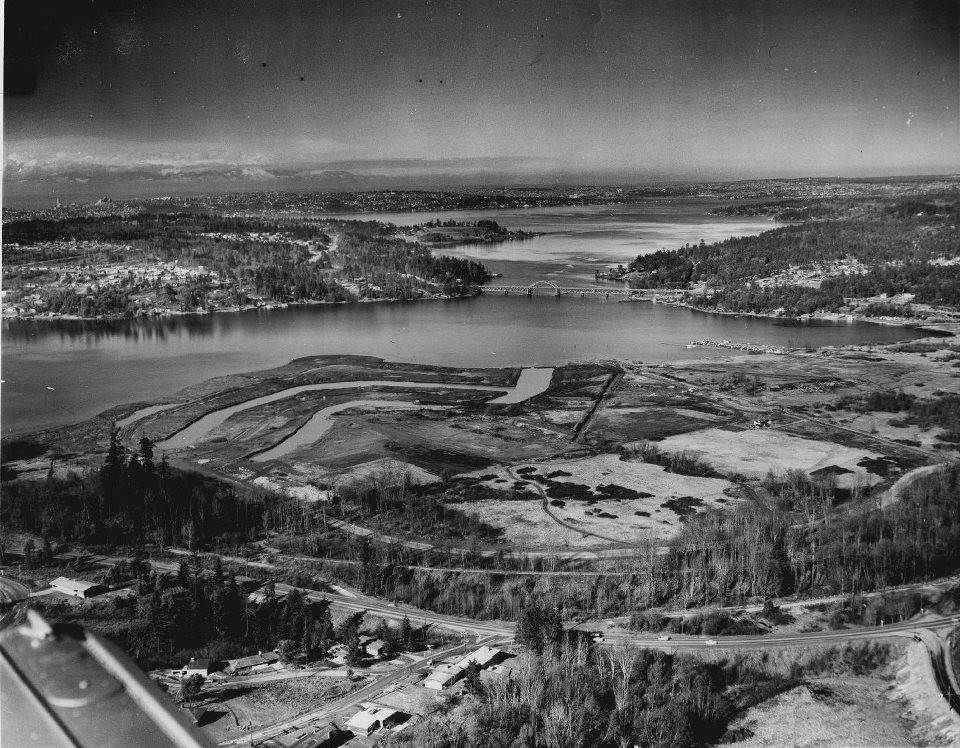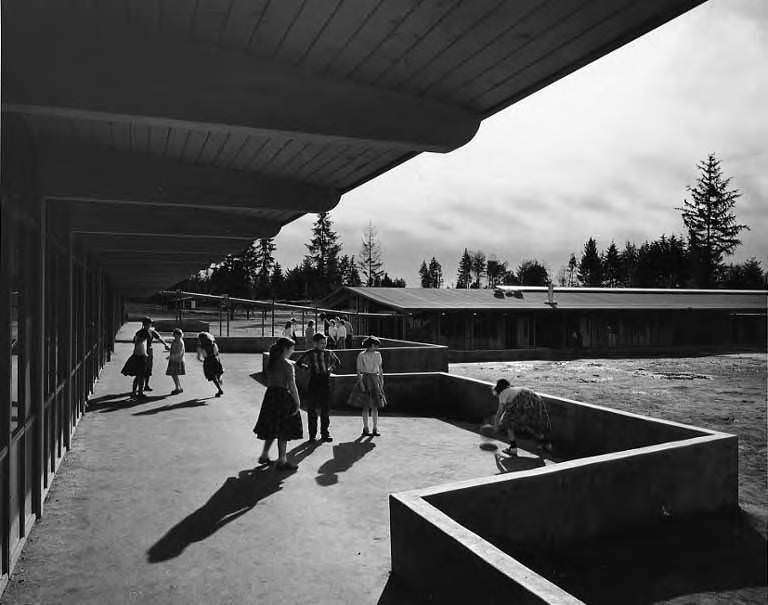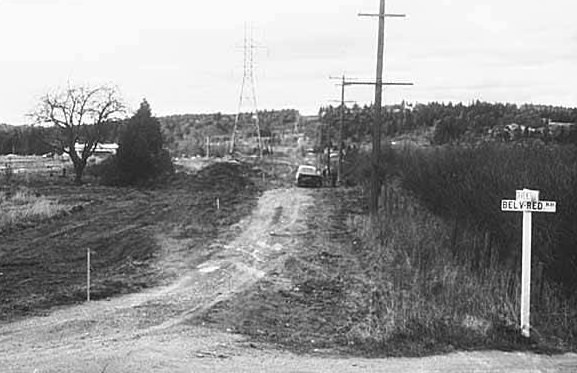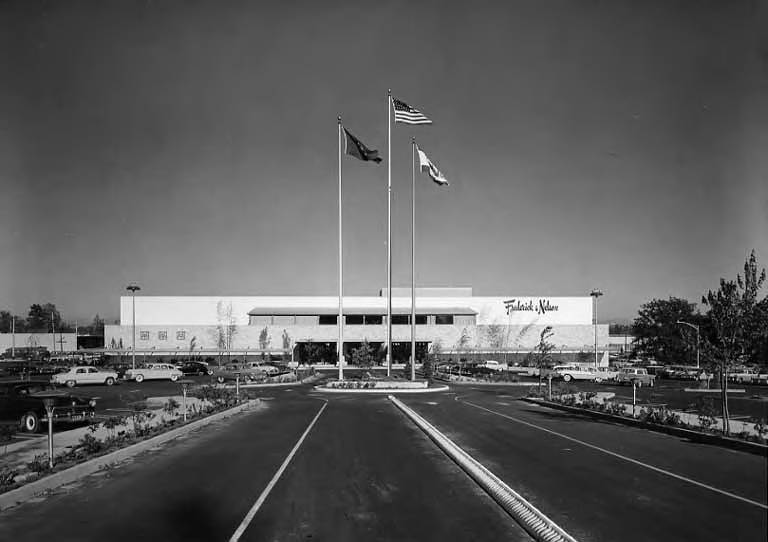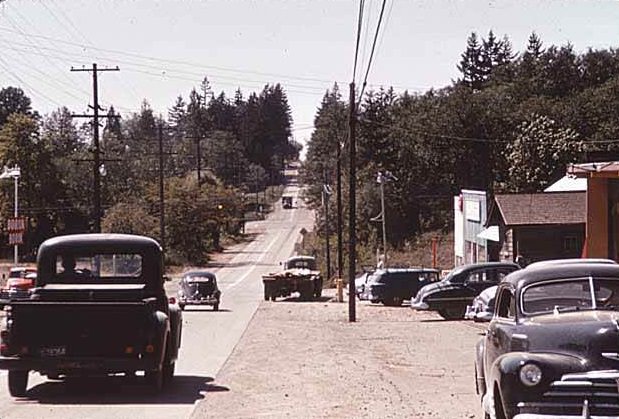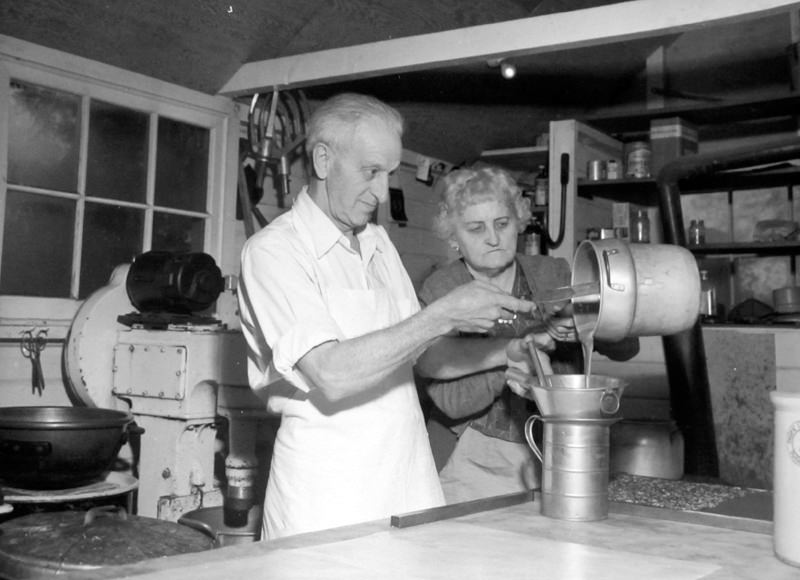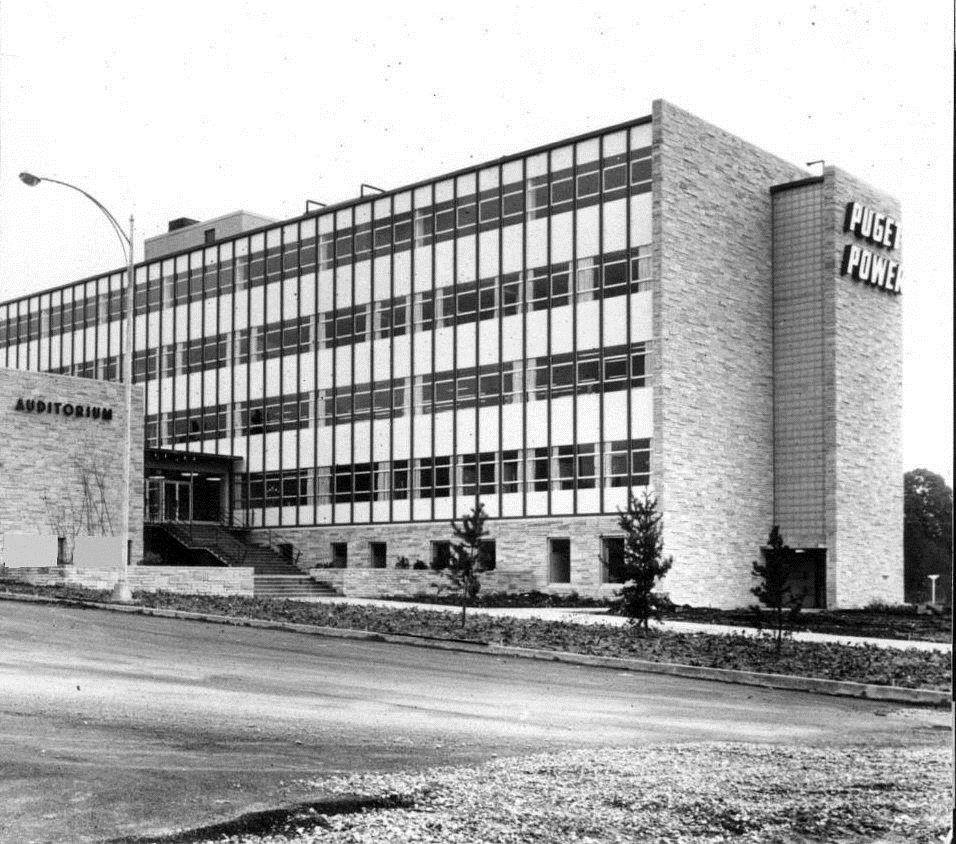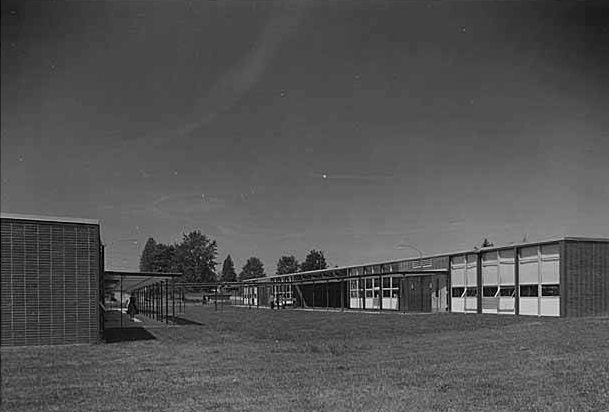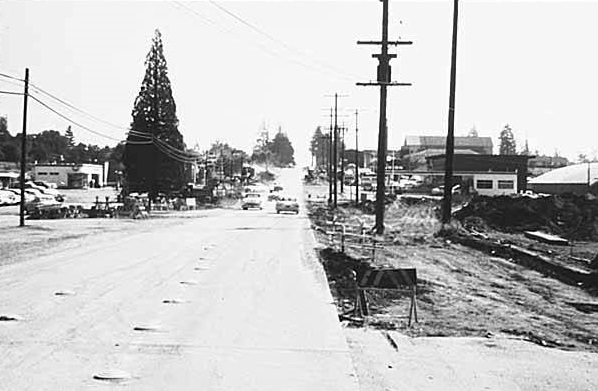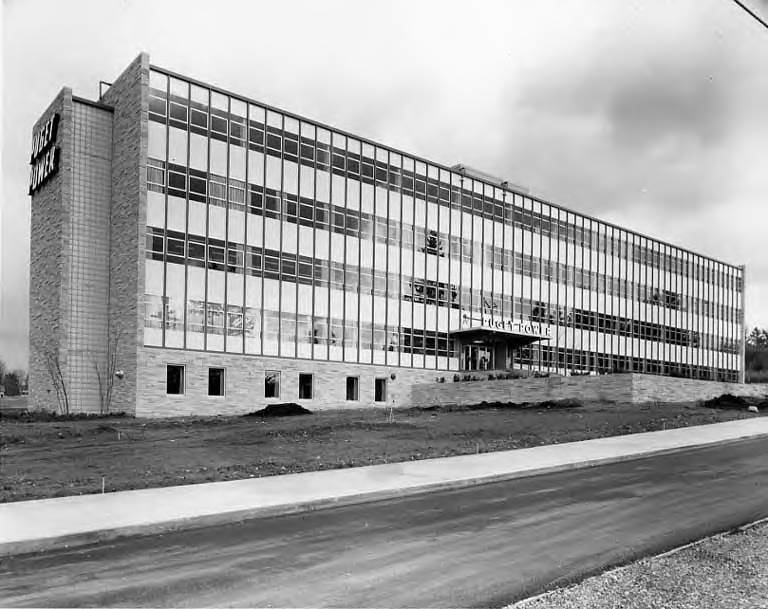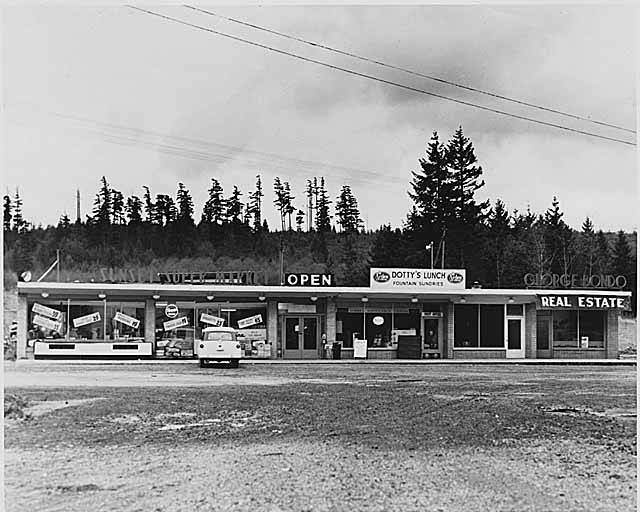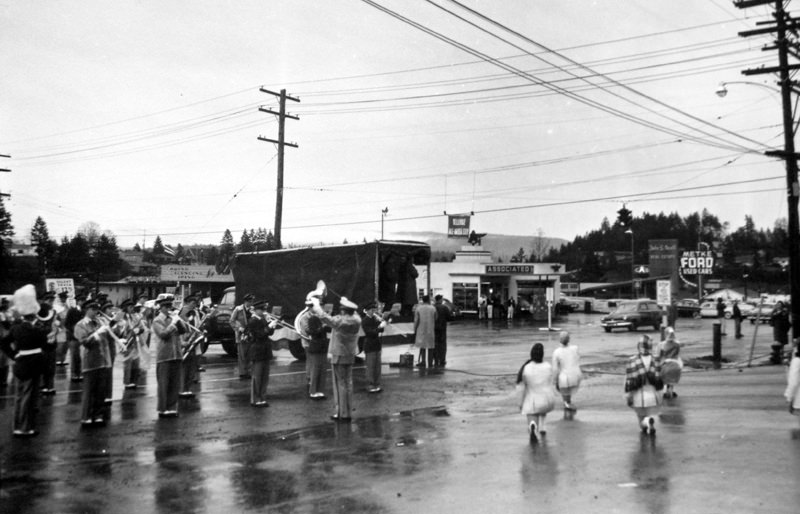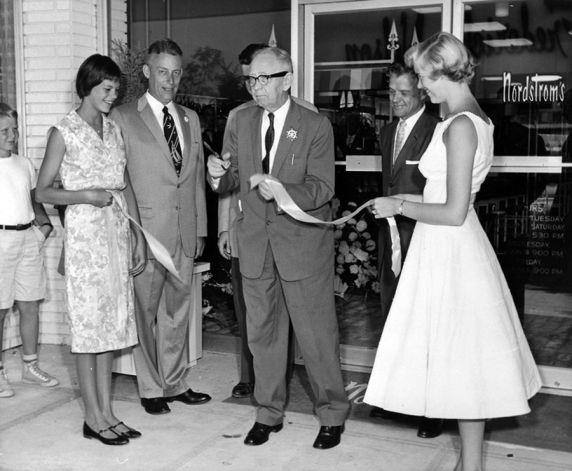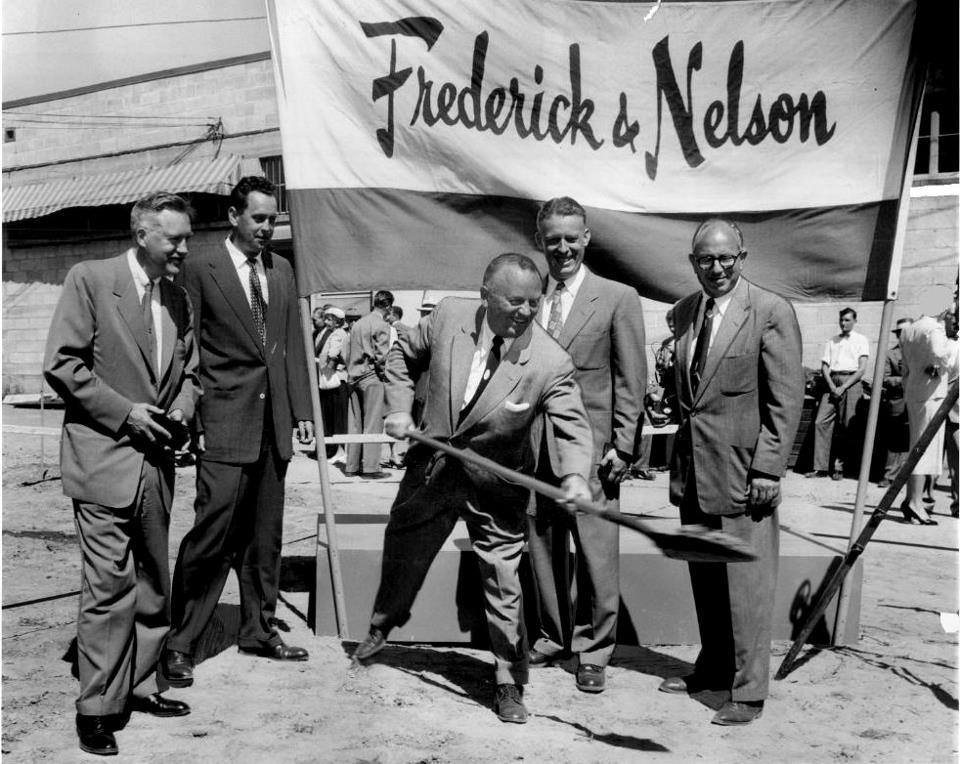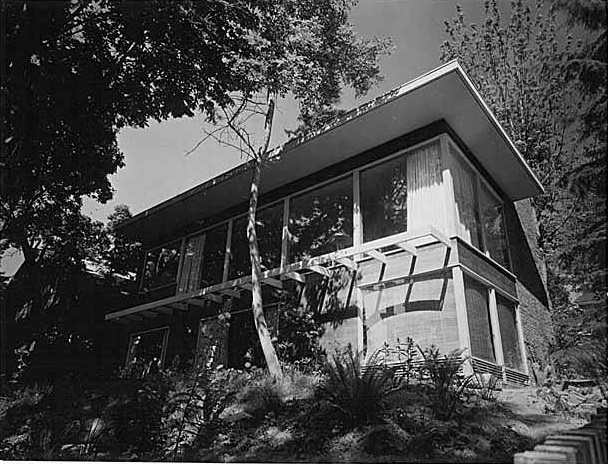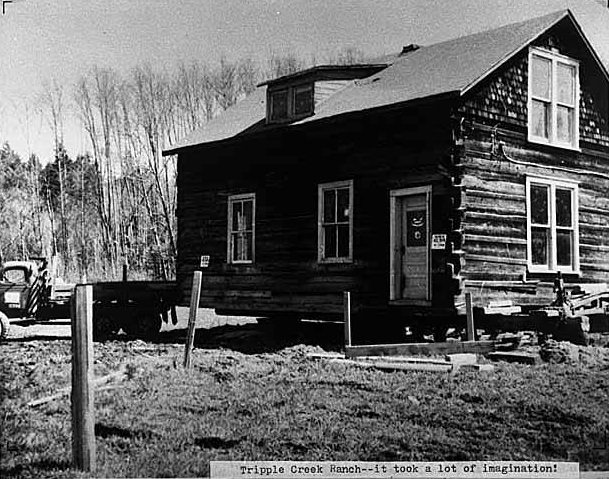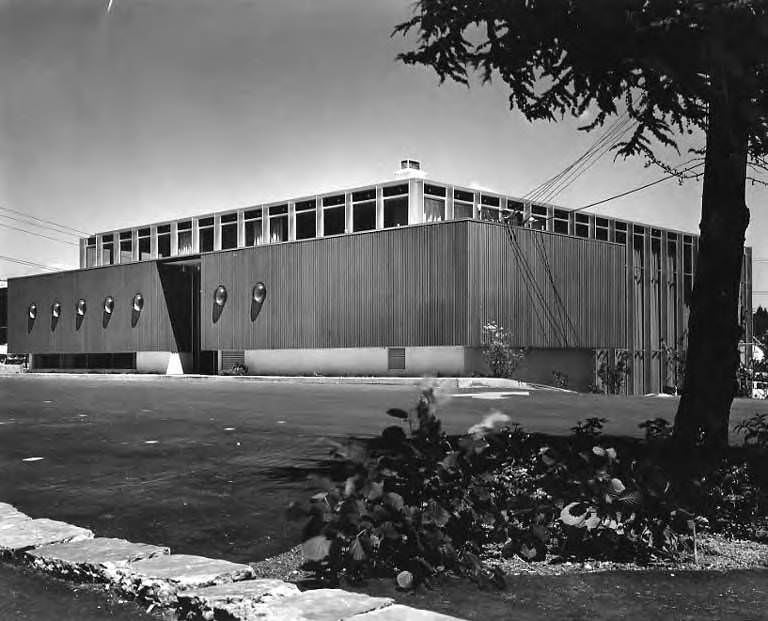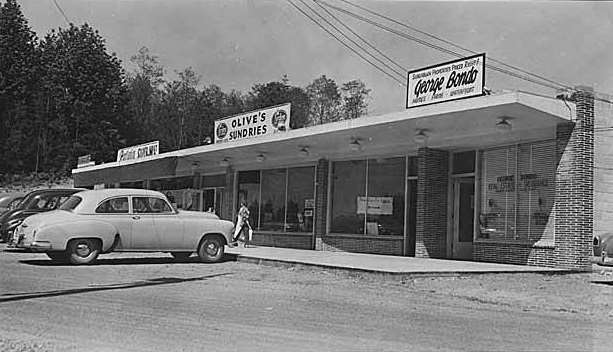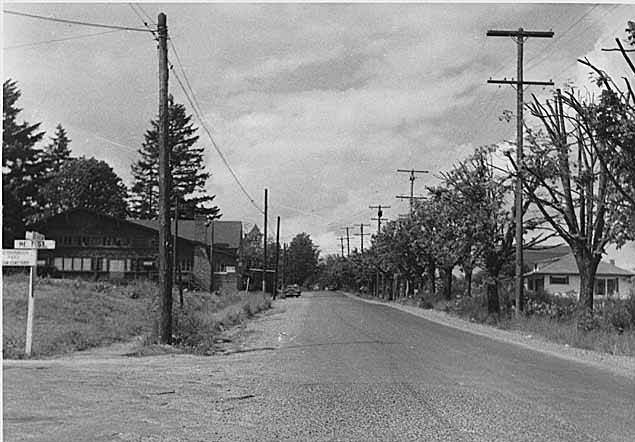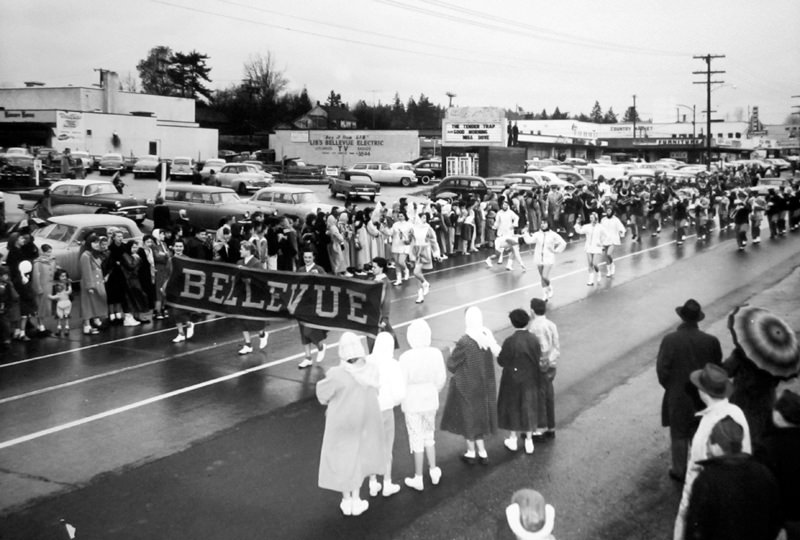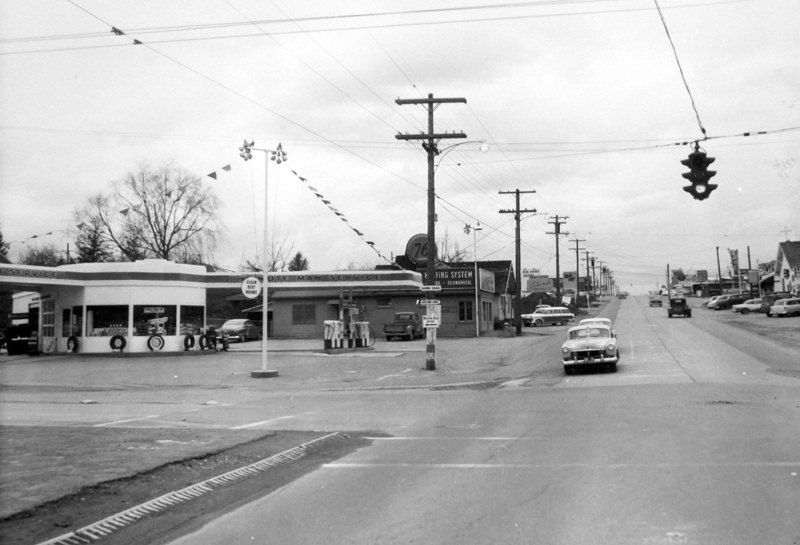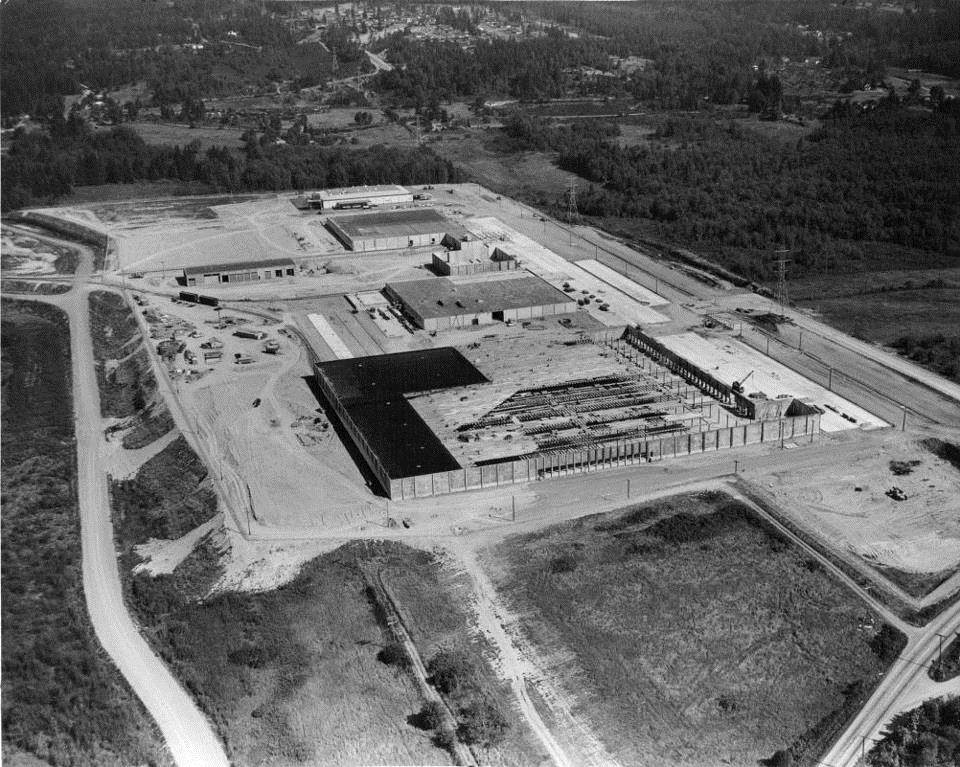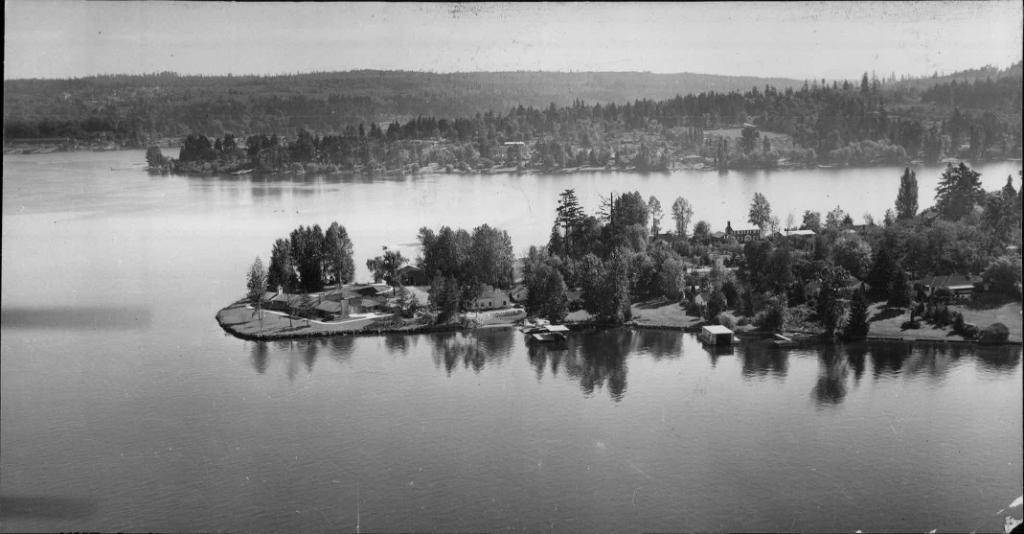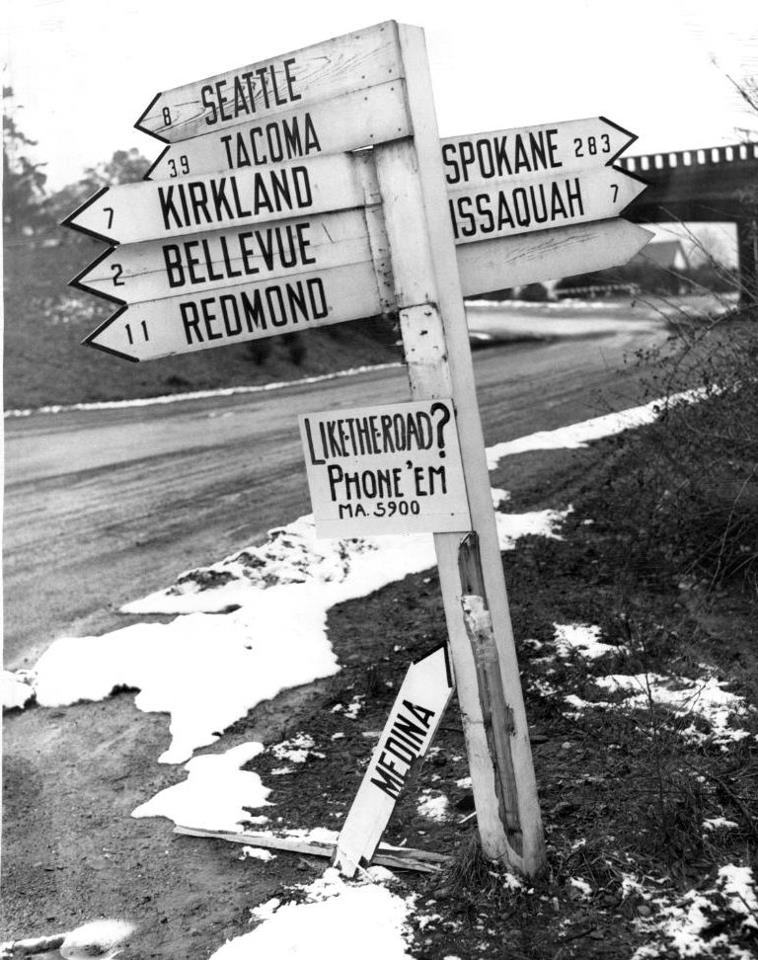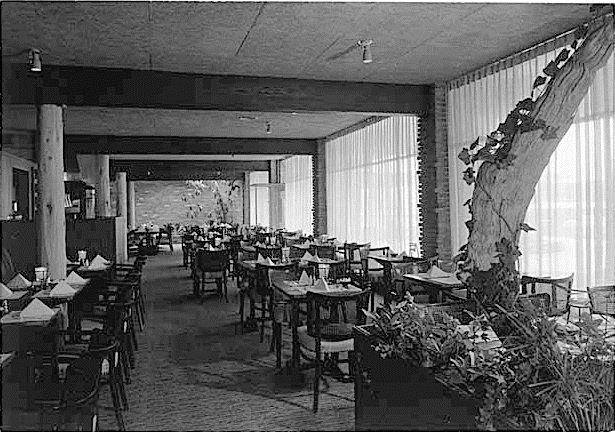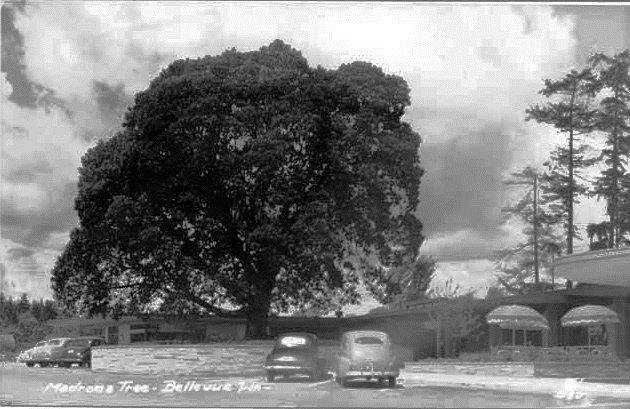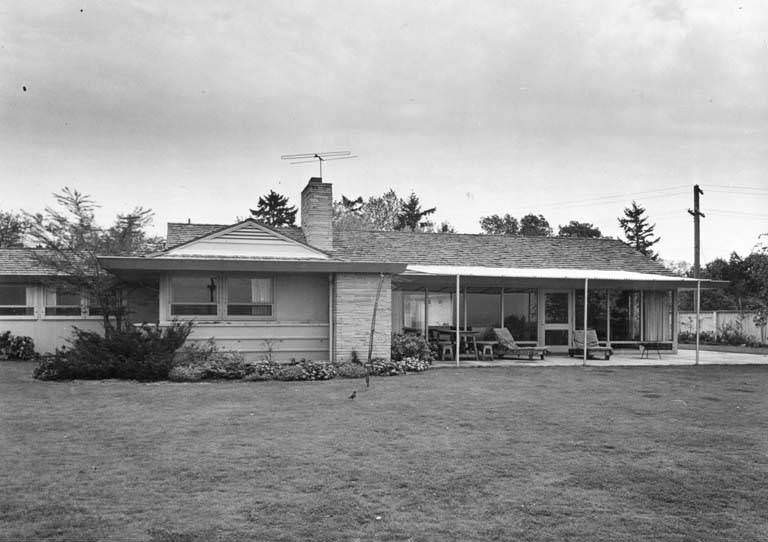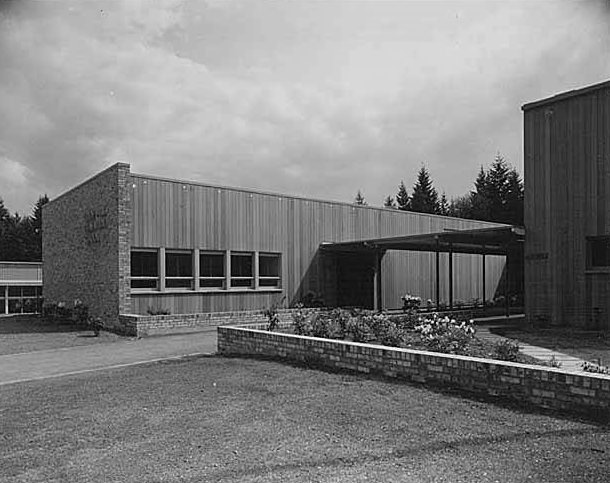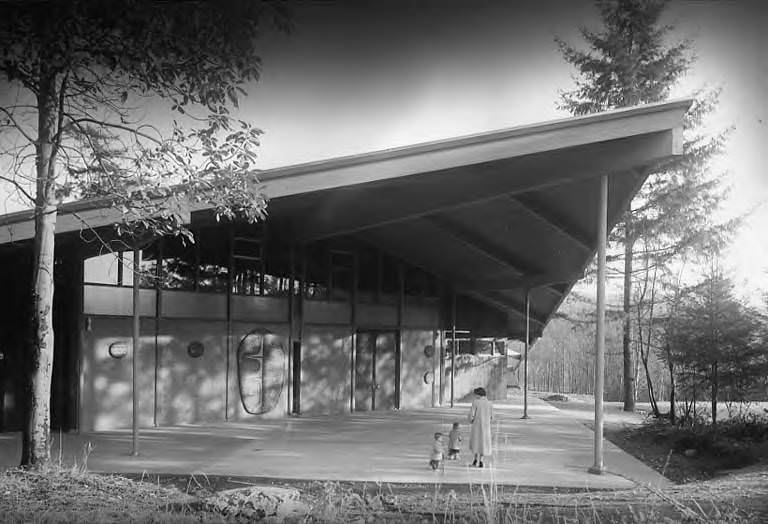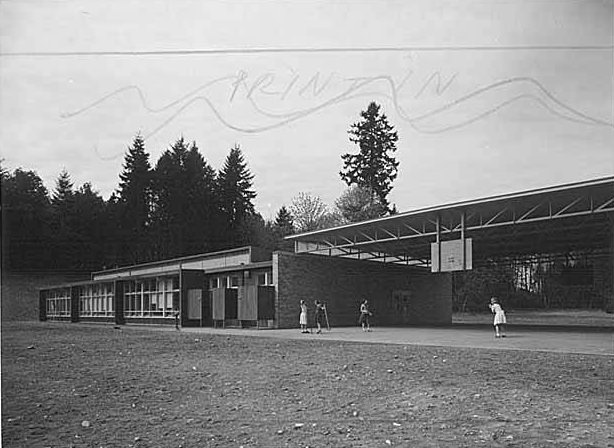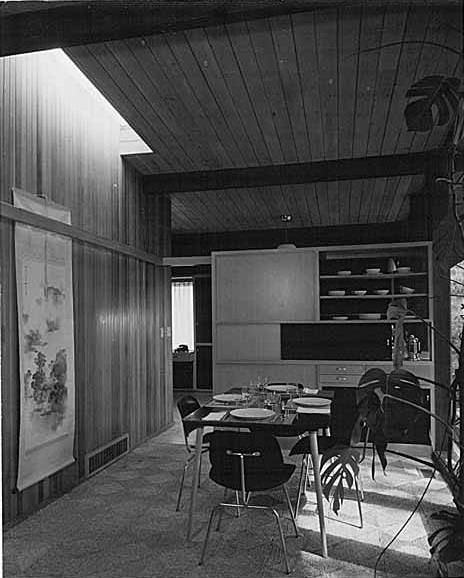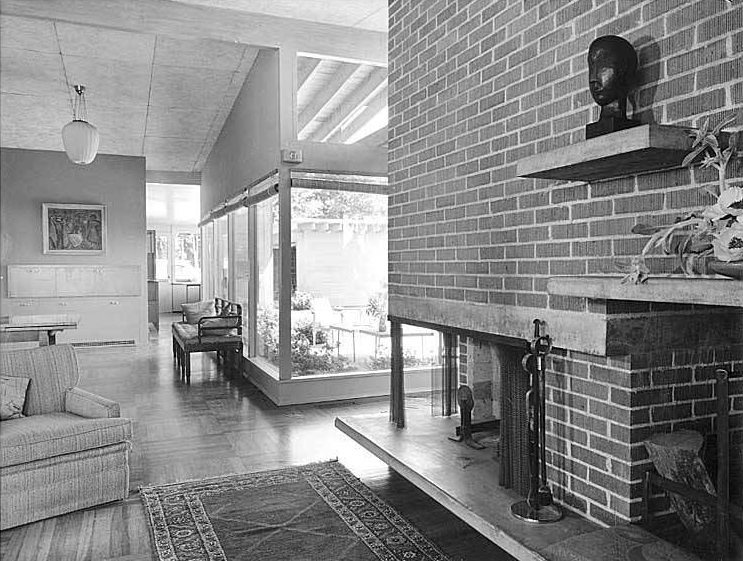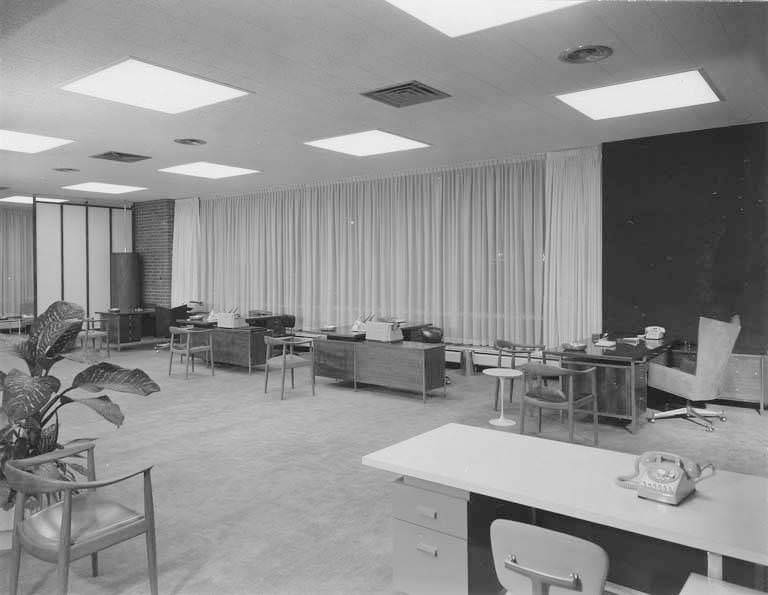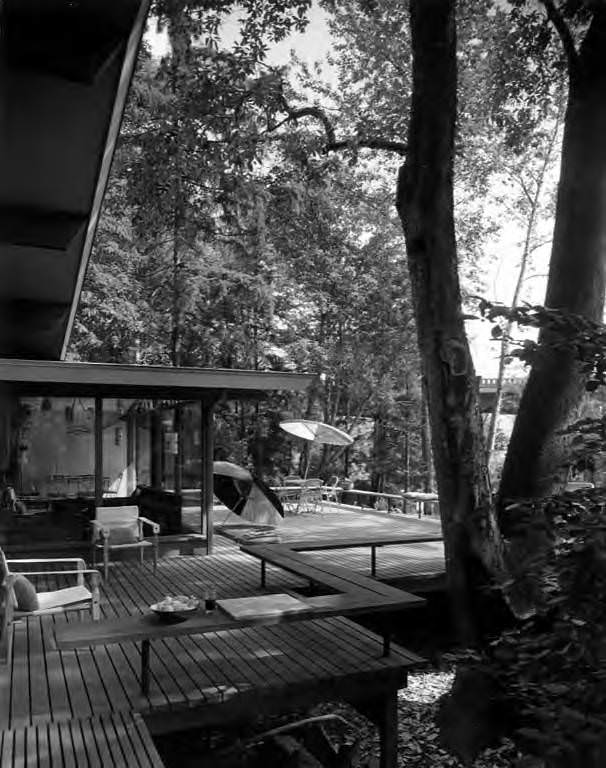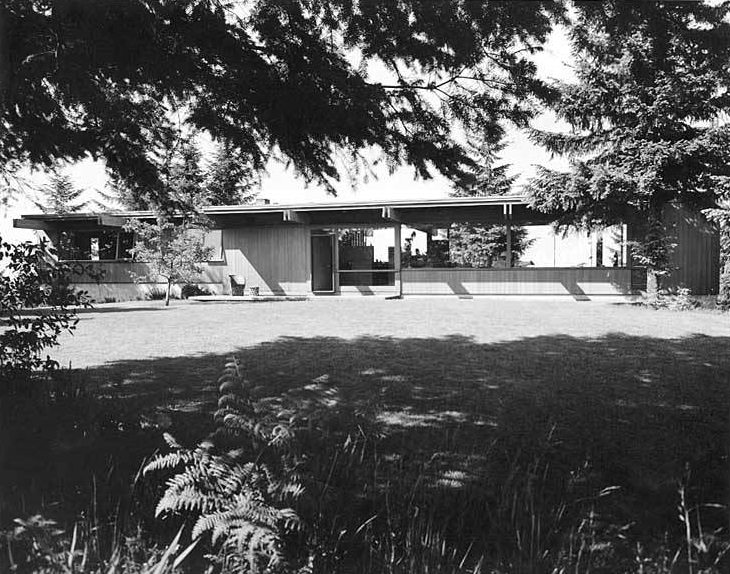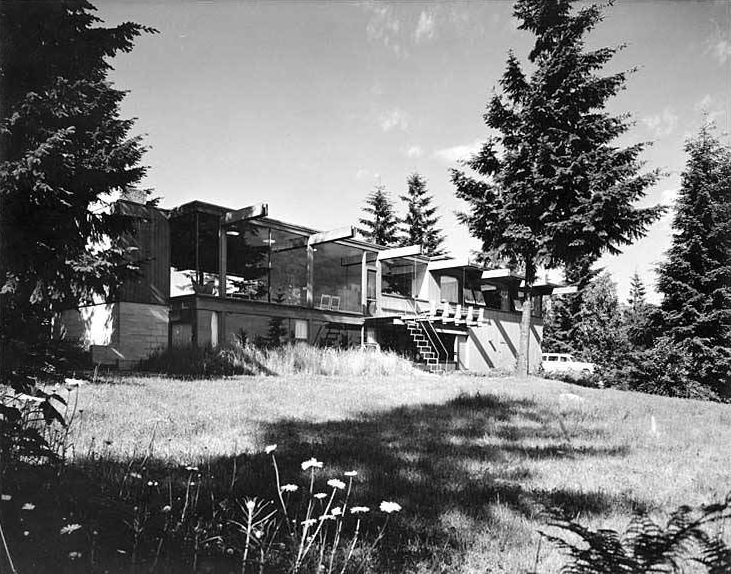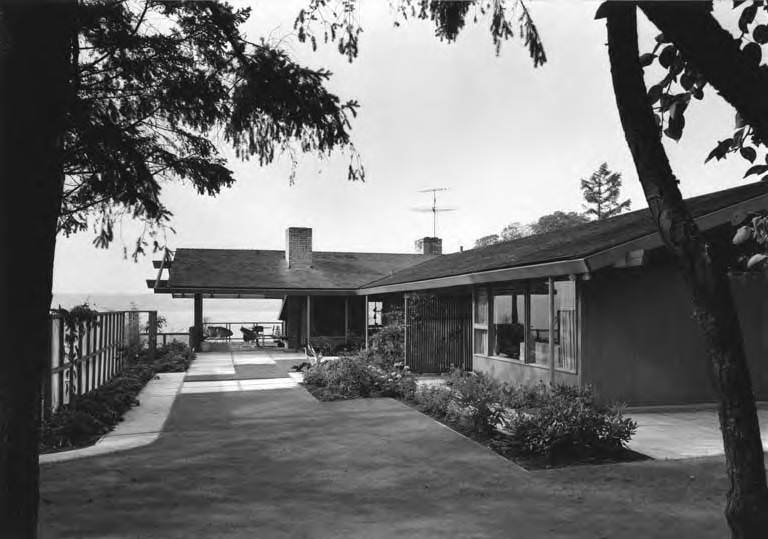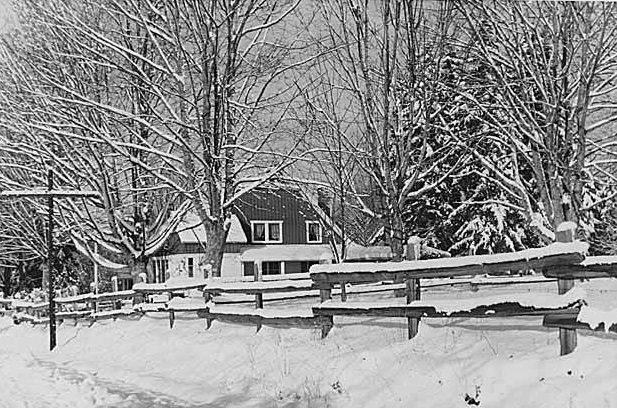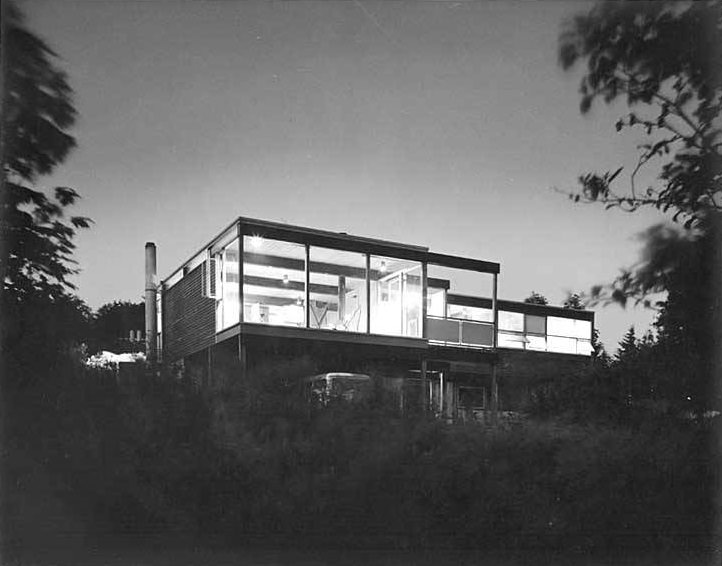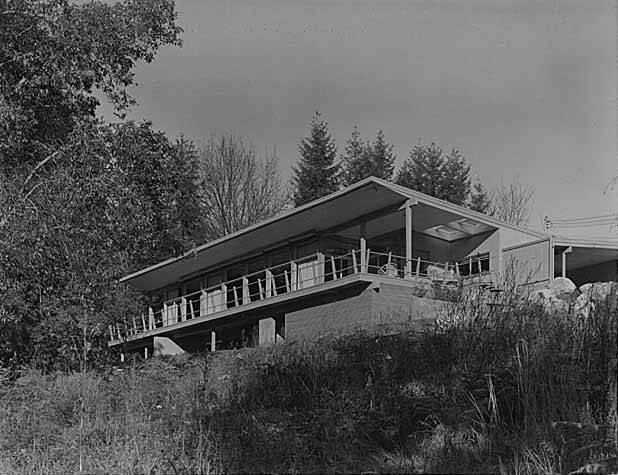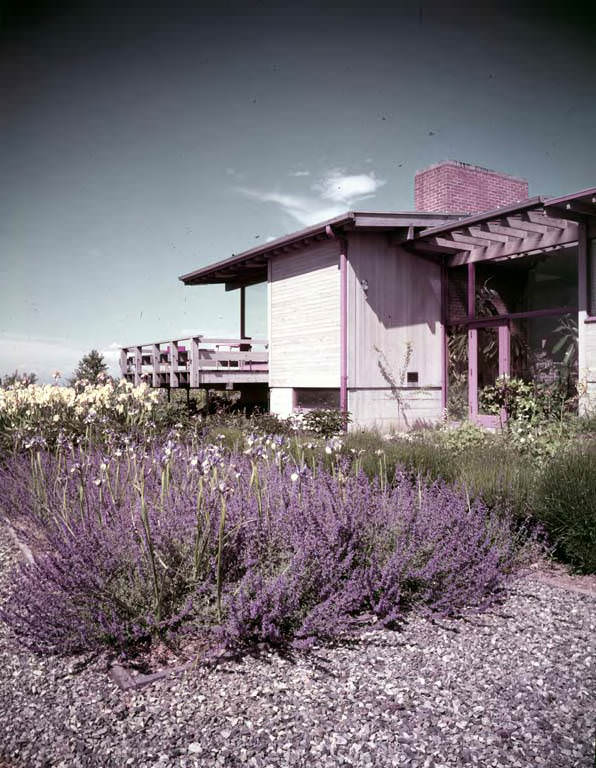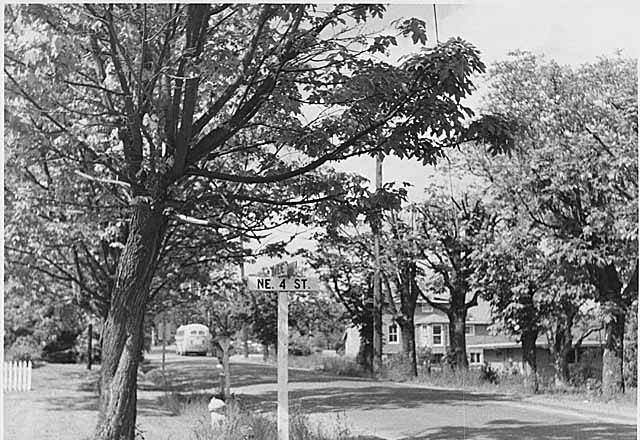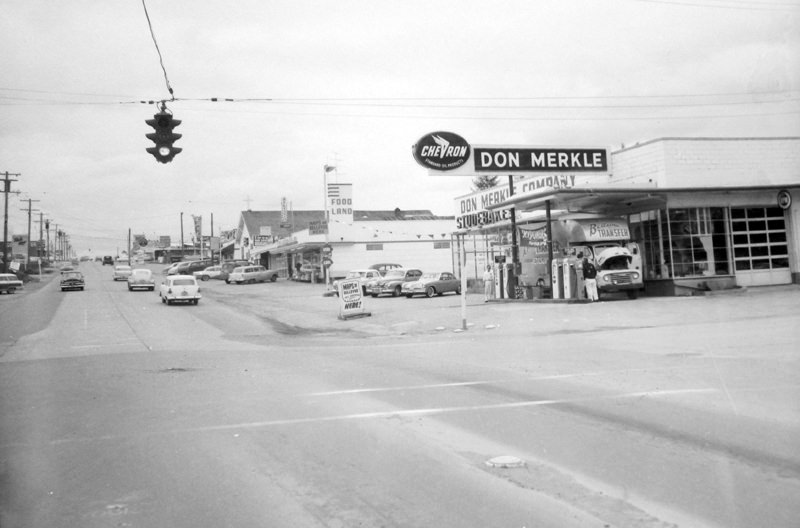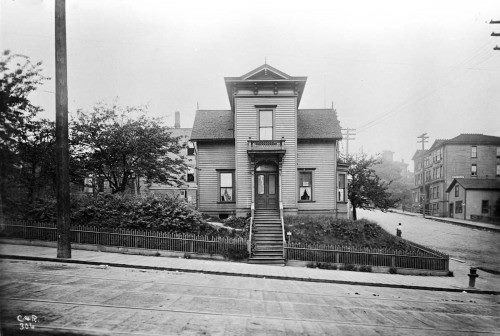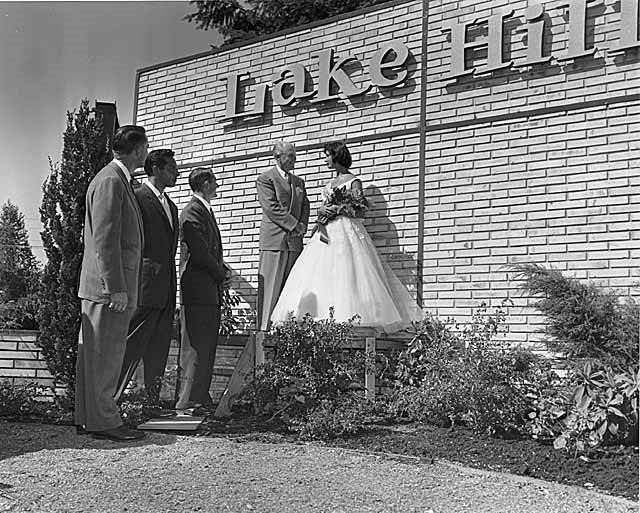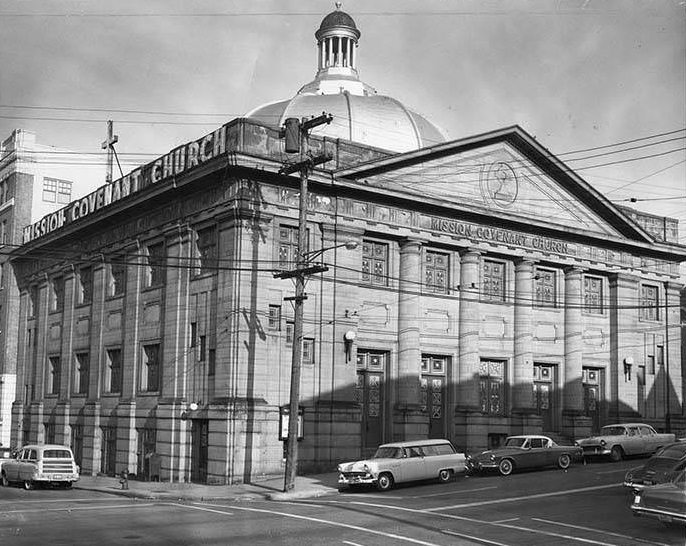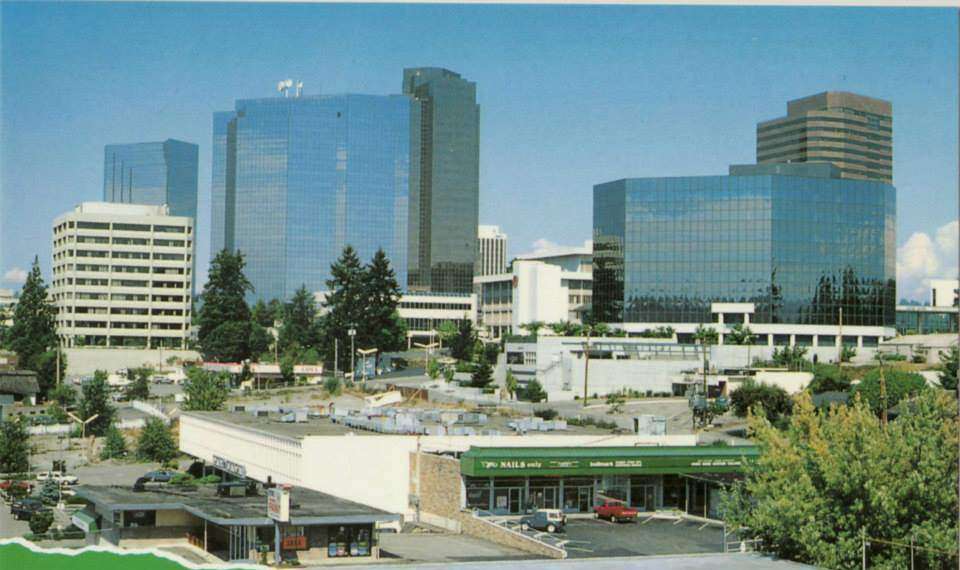Bellevue was incorporated as a third-class city on March 21, 1953. The city grew rapidly after a second bridge across the lake, the Evergreen Point Floating Bridge, opened in 1963. Several vacant lots, orchards, and berry fields were scattered around the area.
In 1946, Kemper Freeman Sr. opened the Bellevue Square shopping center, including the Bel-Vue Theatre as its first anchor tenant. A growing population provided a customer base for retail stores. As those areas grew, Eastgate, Newport Hills, Lake Hills, and Northtowne opened. Crossroads Shopping Center first opened in 1960, the same decade that Overlake Shopping Center opened. The development appropriately named Vuecrest was just north of traditional Bellevue. It covered 80 acres of slopes Pat Downey had homesteaded and where Japanese and American truck farmers had recently raised berries and vegetables. The hillside offered a panoramic view of the lake, city, and mountains.
These photographs reflect the post-war era in Bellevue. The images capture moments that will never happen again yet remain frozen in one unforgettably memorable moment.
#1 Newport, Mercer Island, the Town of Beaux Arts Village and Seattle in the distance — Viewed from above Somerset Hill, 1959.
#2 Lake Hills Elementary School, 14310 SE 12th St., Bellevue, Washington, 1959
#3 Bel Red Road at 124th Avenue NE, Bellevue, 1958
#4 Frederick & Nelson, Bellevue, Washington, 1957
#5 NE 8th Street and 116th Avenue NE looking east, Bellevue, 1955
#6 Mr. And Mrs. Benjamin Johnson making candy at their Bellevue Kandy Kottage, which was at 1910 104th N.E., 1950s
#7 Bellevue’s ‘skyline’, 1957
#8 Ashwood Elementary School exterior, Bellevue, Washington, 1957
#9 Madrona tree in front of the Crabapple Restaurant, Bellevue, 1950
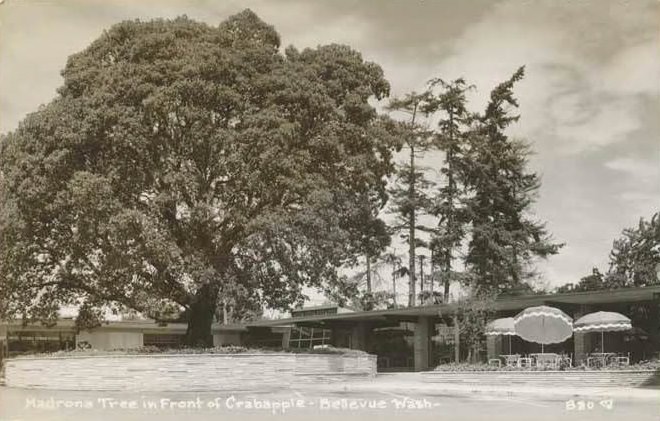
Clark's Crabapple Restaurant was located at the Bellevue Square shopping center. Walter Clark, a veteran of Seattle's Manning's coffee houses, opened several restaurants in Seattle in the 1930s and 40s. He would eventually come to own and operate some 53 eating establishments.
#10 NE 8th Street, Bellevue, 1959
#11 Puget Sound Power and Light Building, 10608 NE 4th Ave., Bellevue, Washington, 1957
#12 Shopping center, Factoria, 1950
#13 Bellevue All-American City parade, 1955
#14 Nordstrom founder John W. Nordstrom cuts the ribbon at the 1958 grand opening of the Bel-Square ‘Nordstom’s’.
#15 Ground breaking for the Fredrick & Nelson store at Bellevue Square, 1955.
#16 Crockett residence exterior, Bellevue, Washington, 1950
#17 Moving Wilkins log house, Bellevue, 1958
#18 Seattle First National Bank, 10203 Main St., Bellevue, Washington, June, 1956
#19 Shopping center, Factoria, 1955
#20 100th Avenue NE looking north from NE 1st Street, Bellevue, May 1959
#21 Downtown Bellevue came after it was named an All-American City, 1955
#22 Bellevue, 1956
#23 Safeway Distribution center under construction, viewed north, 1958.
#24 Hunt’s Point with Yarrow Point in the background, 1952
#25 Enatai Neighborhood, 1953
#26 Crabapple Restaurant interior, 1955.
#27 Bellevue Square madrona tree, 1950.
#28 Clark residence from back patio, Bellevue, Washington, April 25, 1952
#29 Clyde Hill Elementary School exterior showing landscaping, Bellevue, Washington, 1953
#30 East Shore Unitarian Church, Bellevue, Washington, 1955
#31 Enatai Elementary School exterior, Bellevue, Washington, 1953
#32 Fleming residence interior showing dining area, Bellevue, Washington, 1953
#33 Hook residence, Norwood Village, 1957
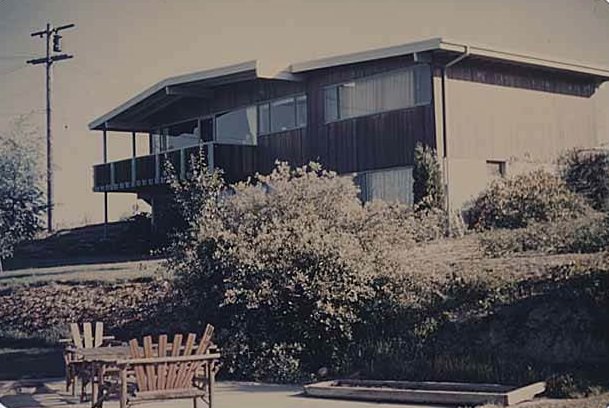
World War II veterans faced a housing shortage when they returned to the area, so established the Veterans Mutual Building Association to build their own community. They paid $875 for 30 acres, and were given another 20 acres by an adjacent landowner. By 1950, they had 60 families with houses planned, and building began. It was the smallest community in the United States with its own flouridated water system.
#34 Isaacs house interior showing living room, Hilltop neighborhood, Bellevue, 1950s
#35 Lincoln First Federal Savings & Loan interior showing office spaces, Washington, 1958
#36 Lovett house exterior, Hilltop neighborhood, Bellevue, 1959
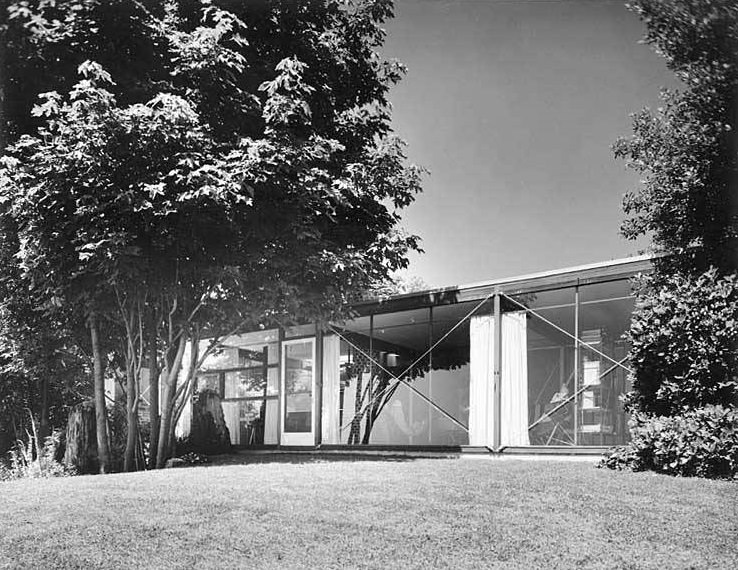
Wendell Lovett was born in 1922 in Seattle. His architectural practice was centered in the Seattle area. He became an instructor in architecture at the University of Washington in 1948 and rose to the rank of professor in 1965. Since 1984 he has held the rank of professor emeritus. He resides in Seattle.
#37 Martin Rind house, exterior view of deck, Bellevue, Washington, August 1957
#38 Morse house exterior, Hilltop neighborhood, Bellevue, 1950s
#39 Morse House, Hilltop neighborhood, Bellevue, 1950s
#40 Mr. and Mrs. Beryl W. Davis residence, Bellevue, Washington, 1958
#41 Old Highland School in snow, Bellevue, 1955
#42 Prechek House exterior at night, Hilltop neighborhood, Bellevue, 1950s
#43 Prechek House exterior, Hilltop neighborhood, Bellevue, 1950s
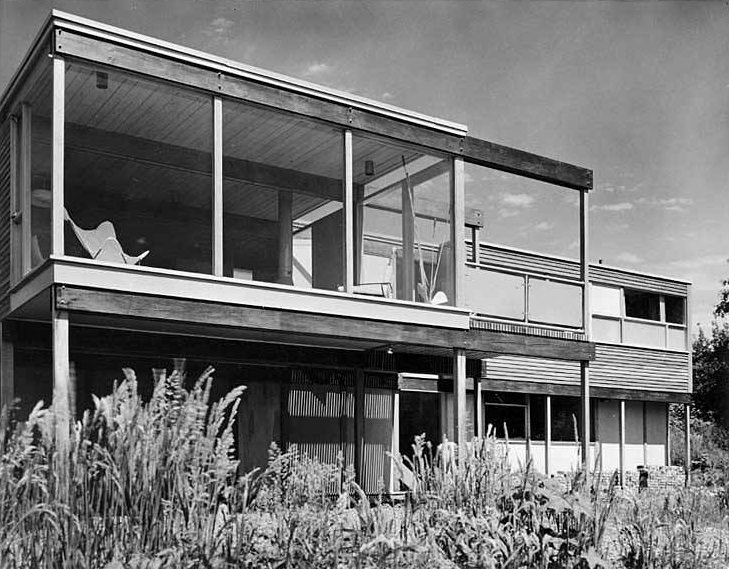
Hilltop is the second-oldest cooperative residential development in King County. It was established in 1947, founded by individuals who, after bypassing convential real estate developers, planned a community that was founded on the desire to utilize principles of modern planning and architectural design to enhance the natural beauty of each home site and to make possible a sharing of benefits and opportunities among the members on as equal and democratic a basis as possible.
#44 Scott residence exterior from rear, Bellevue, Washington, 1956
#45 Walter F. Isaacs house, exterior view of garden, Hilltop, Bellevue, Washington, 1953
#46 100th Avenue NE looking northeast from NE 4th Street, Bellevue, May 1959
#47 Bellevue, March 1956.
#48 An old home in Bellevue, 1950s
#49 Craig Hook riding bike in Norwood Village, Bellevue, 1958
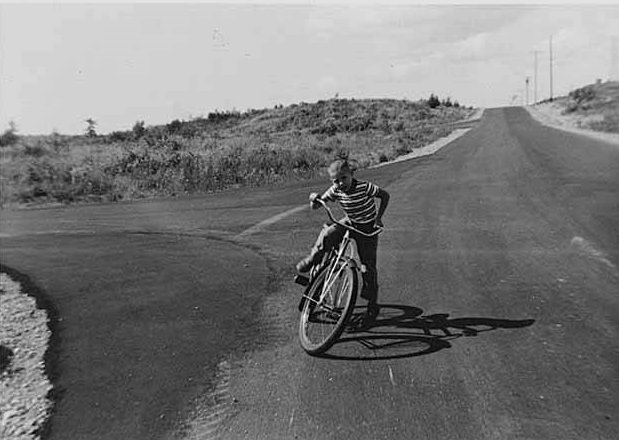
World War II veterans faced a housing shortage when they returned to the area, so established the Veterans Mutual Building Association to build their own community. They paid $875 for 30 acres, and were given another 20 acres by an adjacent landowner. By 1950, they had 60 families with houses planned, and building began. It was the smallest community in the United States with its own fluoridated water system.


